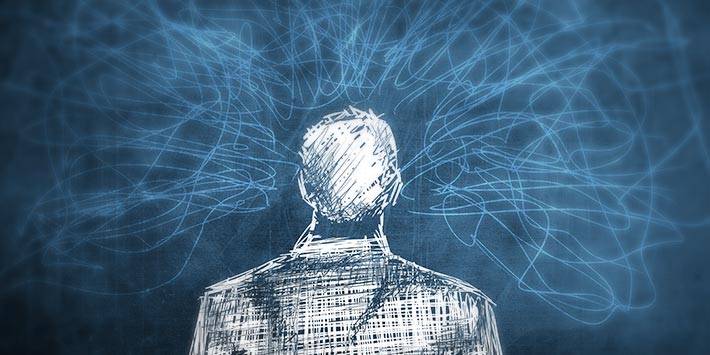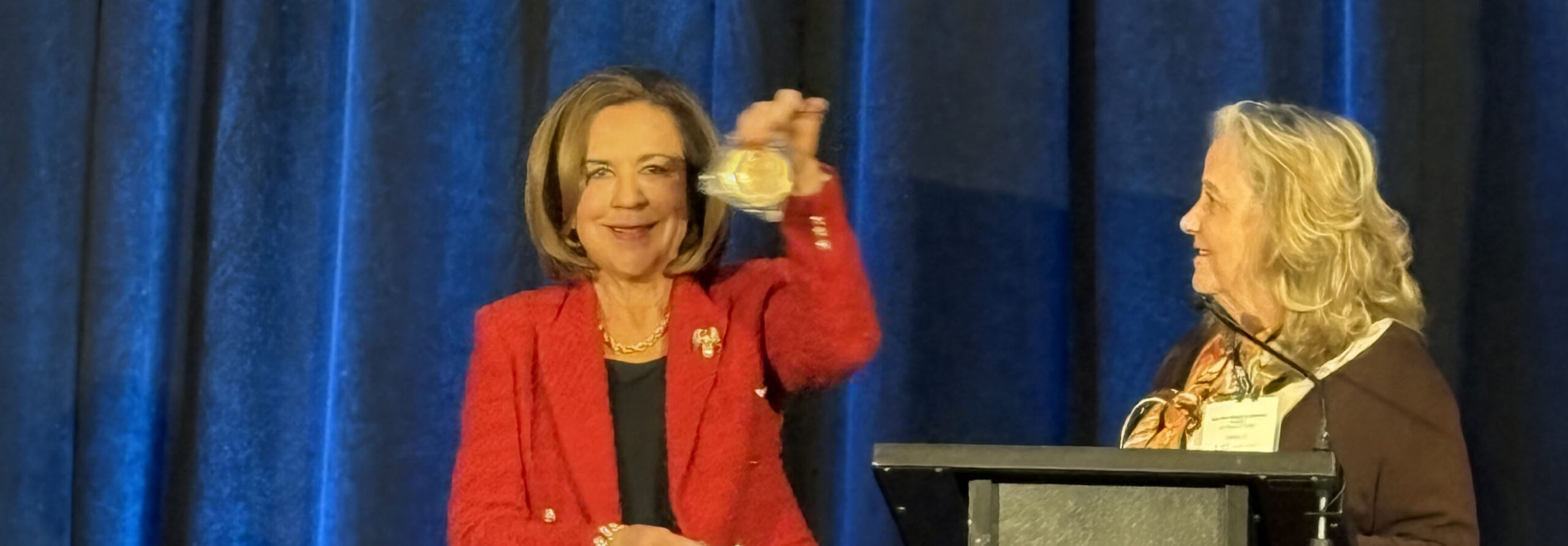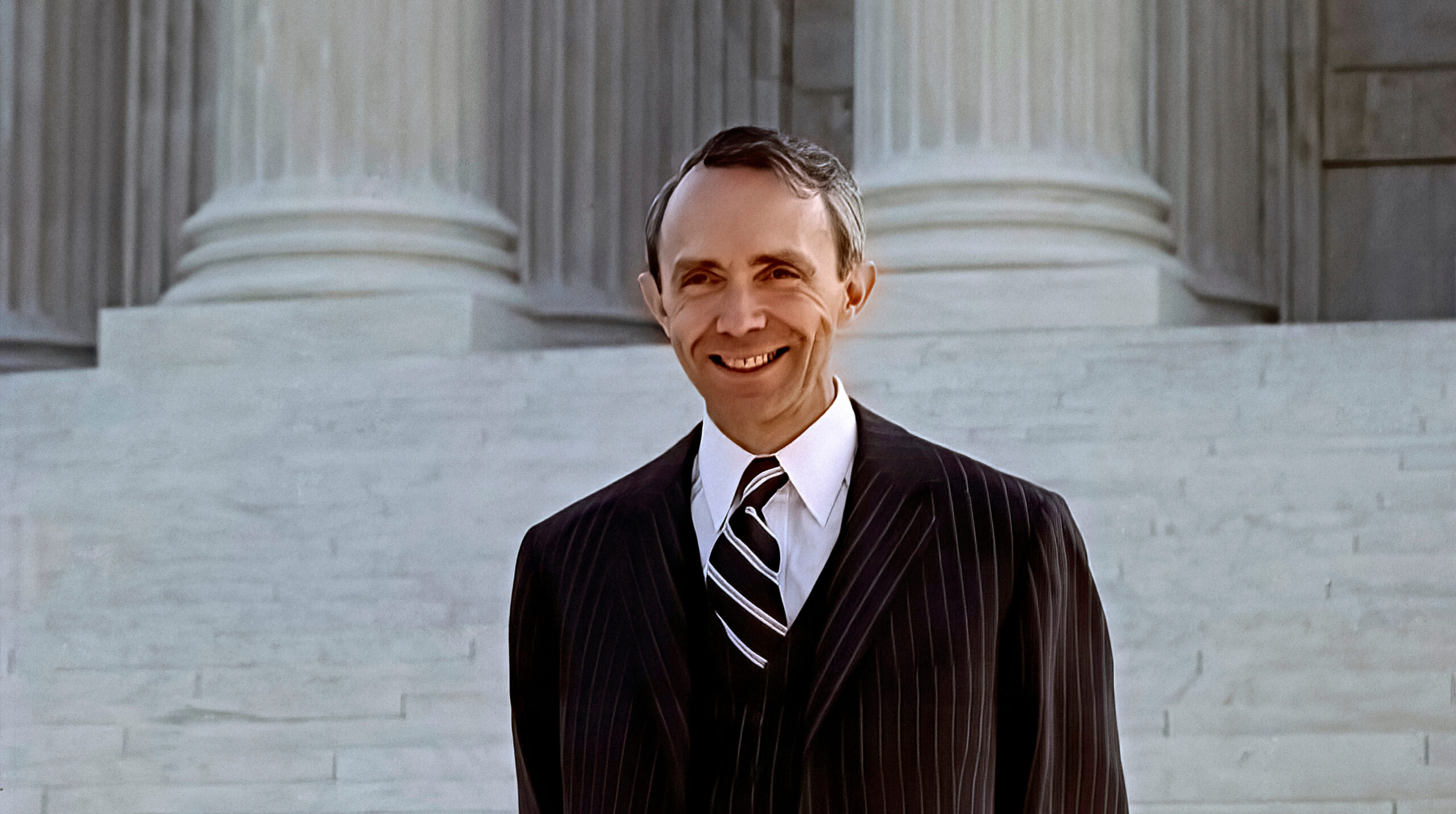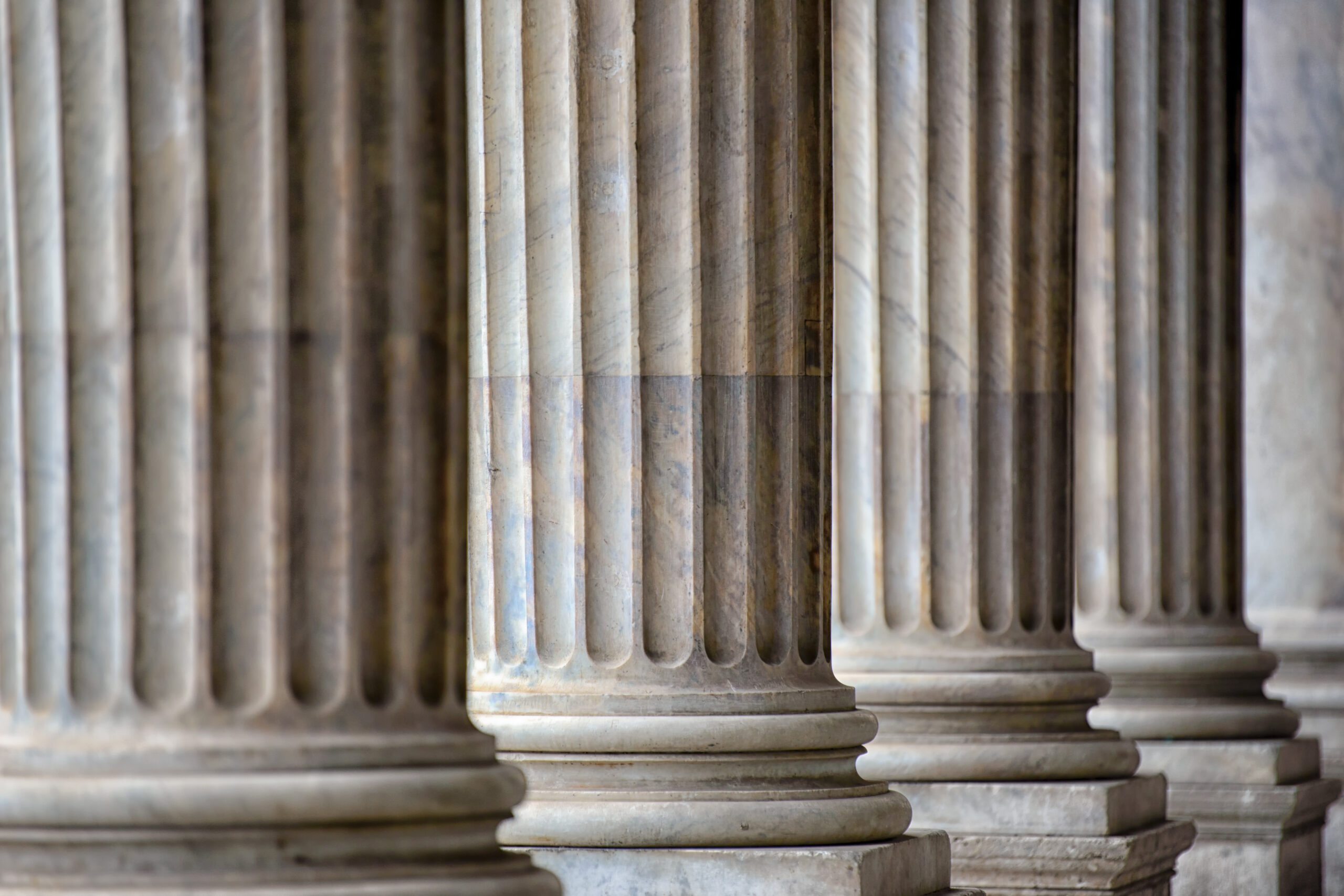
United States Circuit Judge Andrew Hurwitz pondered this notion in his recent essay published by the Arizona Law Review: “When Judges Err: Is Confession Good for the Soul?”
Most judges are keenly aware that the consequences for making mistakes — whether legal, factual, or simply typographical — can have far-reaching implications. And yet, everyone makes the occasional mistake at some point in his or her career. Judge Hurwitz explores in his essay what the natural next step for the judge might be:
“This essay focuses not on commendable explanations of why judges change their minds about the appropriate rule of law after mature reconsideration, but instead on, for want of a better description, how courts handle the judicial ‘goof’ – getting the applicable facts or existing law dead wrong. Interestingly, although many examples can be found of judges explaining why their previous view of the law has evolved, there are relatively few published decisions acknowledging common human error. My thesis is that we all would be better off if judges freely acknowledged and transparently corrected the occasional ‘goof.’ Confession is not only good for the soul, it also buttresses respect for the law and increases the public’s understanding of the human limitations of the judicial system.”
How does a judge account for an error with dignity and grace? Judge Hurwitz provides two good examples of judges who identify and correct their errs; in fact, transparently describing errors in opinions can have positive effects for future decision-making.
To read the essay, please download it here. Article citation is 56 Ariz. L. Rev. 343.

The National Judicial College has awarded Missouri Supreme Court Judge Mary Russell with the Sandra Day O�...

Emeritus Trustee Bill Neukom (left) with former Board of Trustee Chair Edward Blumberg (right) at the NJC 60...

The National Judicial College, the nation’s premier institution for judicial education, announced today t...

The National Judicial College (NJC) is mourning the loss of one of its most prestigious alumni, retired Uni...

As threats to judicial independence intensify across the country, the National Judicial College (NJC) today...